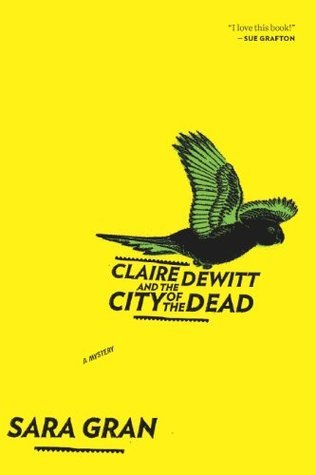More on this book
Community
Kindle Notes & Highlights
by
Sara Gran
Read between
October 6 - October 8, 2020
“If life gave you answers outright, they would be meaningless. Each detective must take her clues and solve her mysteries for herself. No one can solve your mystery for you; a book cannot tell you the way.”
“All I can do is leave you clues,” he said. “And hope that you will not only solve your mysteries, but choose carefully the clues you leave behind. Make your choices wisely, ma’moiselle. The mysteries you leave will last for lifetimes after you are gone.
The client already knows the solution to his mystery. But he doesn’t want to know. He doesn’t hire a detective to solve his mystery. He hires a detective to prove that his mystery can’t be solved.
“The detective will never be thanked for revealing the truth,” Silette wrote. “He will be despised, doubted, abhorred, spat upon. There will be no parades, no flowers, no medals for him. His only reward will be the awful, unbearable truth itself. If that is not enough, he is in the wrong line of work, and must rethink his calling altogether.”
Satisfaction will be rare. Uncertainty will be your natural state. Sureness will always elude you. The detective will always circle around what he wants, never seeing it whole. “We do not go on despite this. We go on because of it.”
The detective and the client, the victim and the criminal—all already know the solution to the mystery. “They need only to remember it, and recognize it when it appears.”
Some people, I saw, had drowned right away. And some people were drowning in slow motion, drowning a little bit at a time, and would be drowning for years. And some people, like Mick, had always been drowning. They just hadn’t known what to call it until now.
Everyone pretends they want their mysteries solved but no one does.”
“I’m working on being as stupid as everyone else but I’m not there yet. I’m hoping more drugs will help.
Interviewer: What does it mean to you to be a Silettian detective? Murray: (Pause.) It means I was blind, and now I can see. Interviewer: And the drinking? Murray: Well. Some people need glasses to see, you know.


